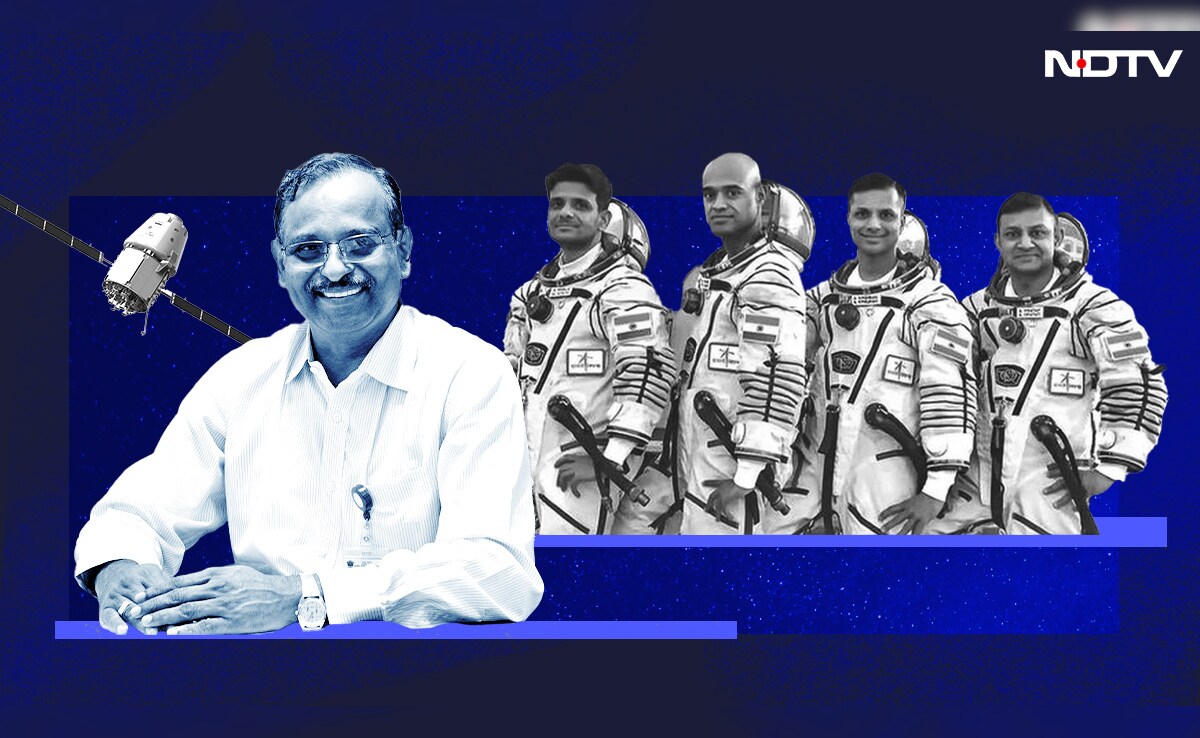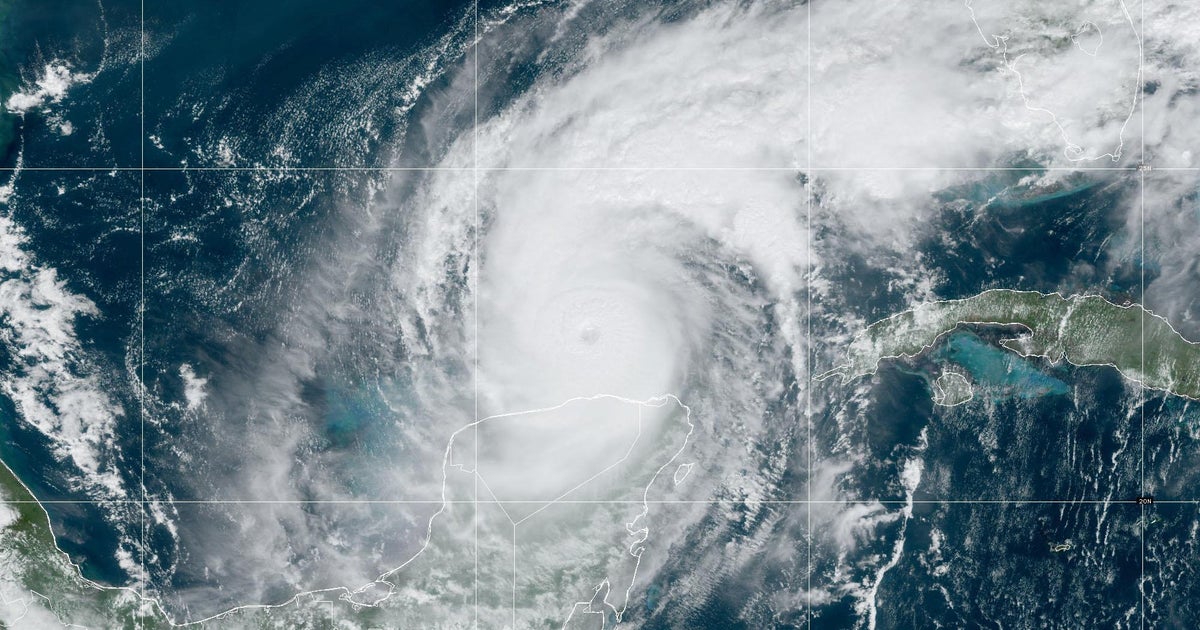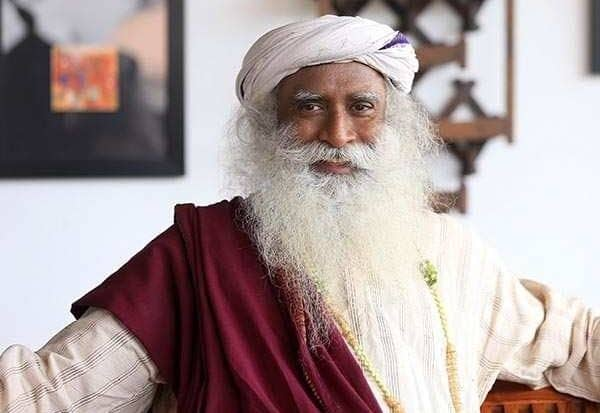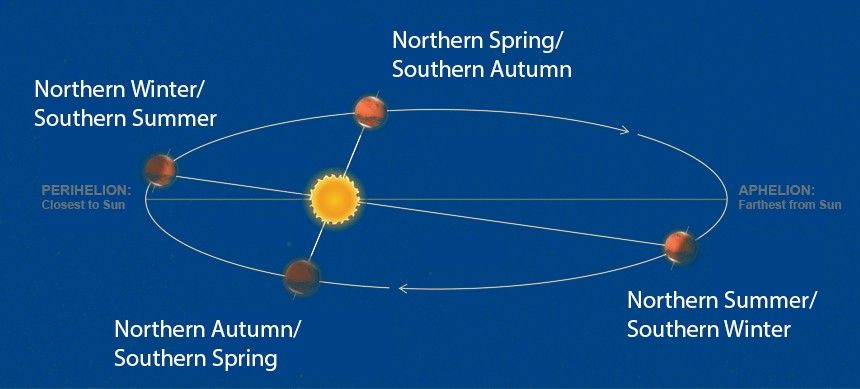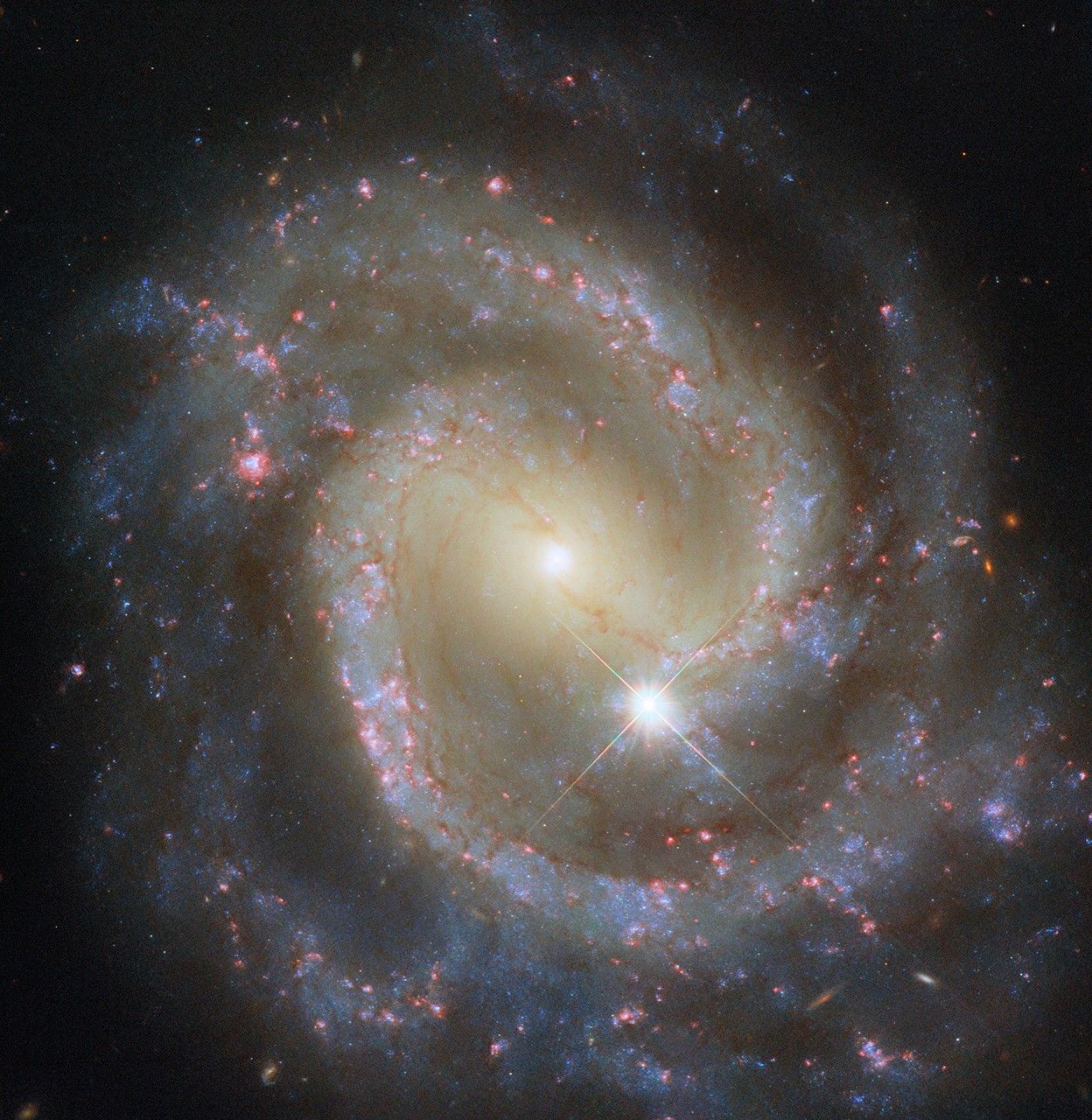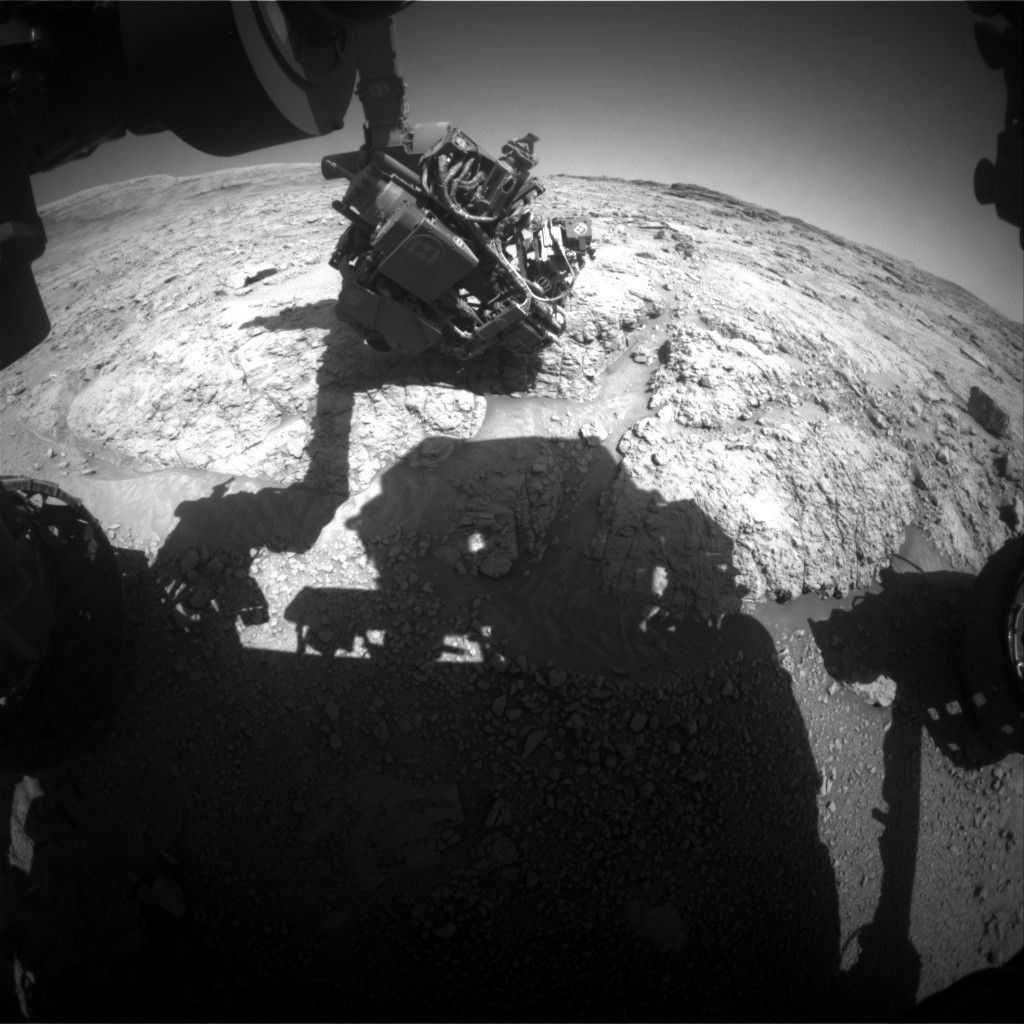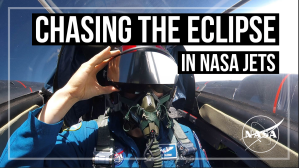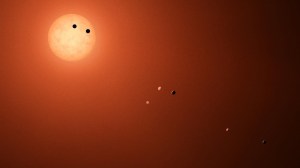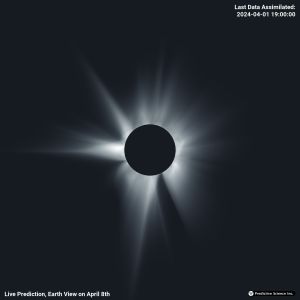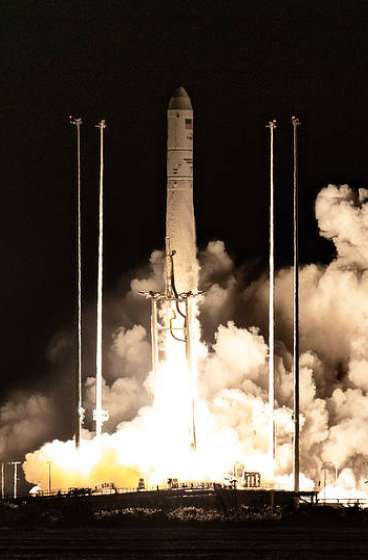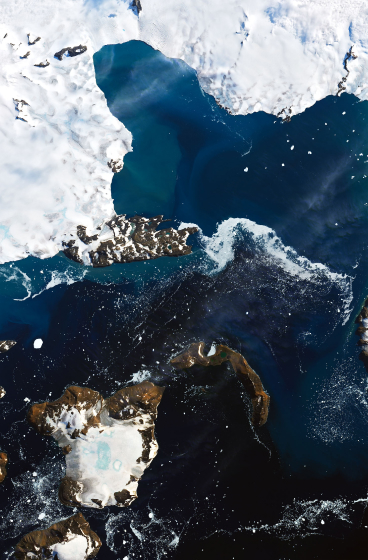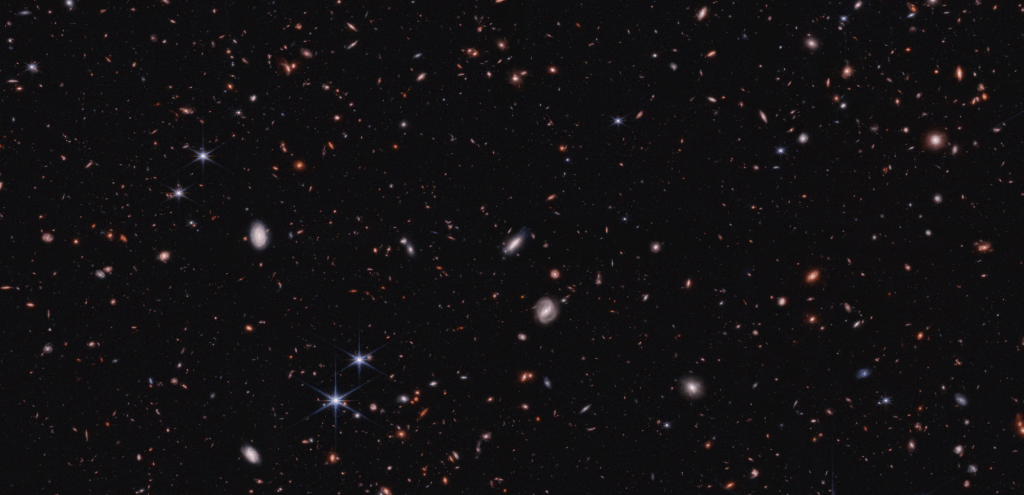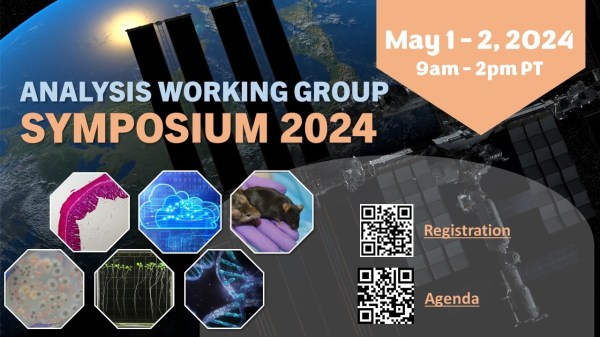Harnessing the 2024 Eclipse for Ionospheric Discovery with HamSCI
As the total solar eclipse on April 8, 2024, draws closer, a vibrant community of enthusiastic amateur radio operators, known as “hams,” is gearing up for an exciting project with the Ham Radio Science Citizen Investigation (HamSCI) group. Our goal is clear and ambitious: to use the Moon’s shadow as a natural laboratory to uncover […]
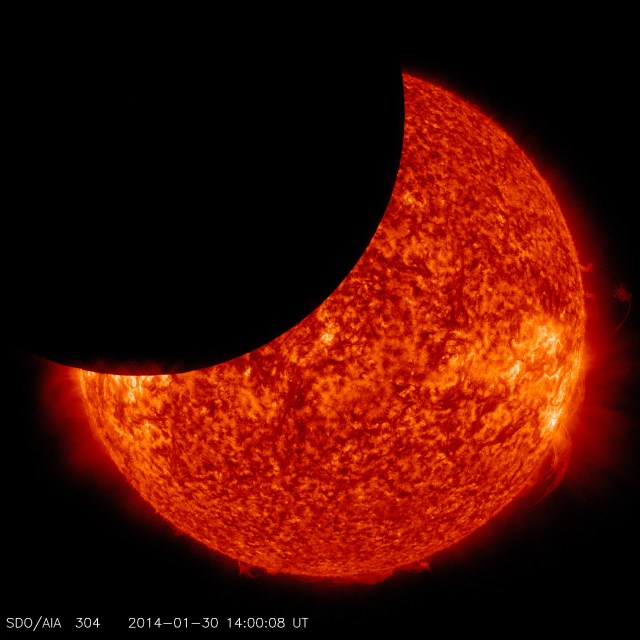
3 min read
Harnessing the 2024 Eclipse for Ionospheric Discovery with HamSCI
As the total solar eclipse on April 8, 2024, draws closer, a vibrant community of enthusiastic amateur radio operators, known as “hams,” is gearing up for an exciting project with the Ham Radio Science Citizen Investigation (HamSCI) group. Our goal is clear and ambitious: to use the Moon’s shadow as a natural laboratory to uncover the intricacies of the ionosphere, a layer of Earth’s atmosphere crucial for radio communication.
This rare event offers an unmatched opportunity to observe the ionosphere’s response to the temporary absence of solar radiation during the eclipse. HamSCI, a collective of citizen scientists and professional researchers, plans to seize this opportunity by conducting radio experiments across North America.
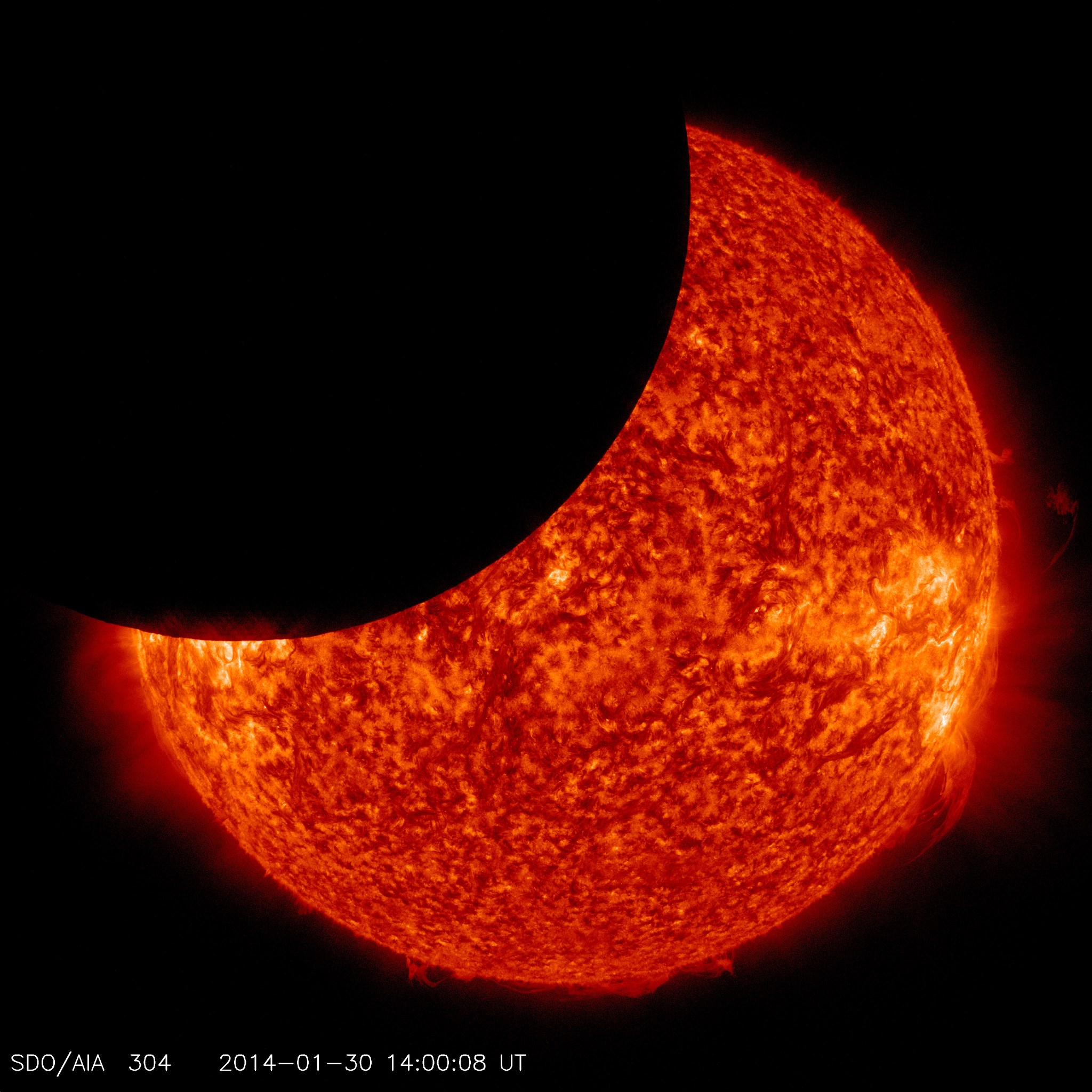
Our mission centers on two main activities: the Solar Eclipse QSO Party (SEQP) and the Gladstone Signal Spotting Challenge. For the SEQP, amateur radio operators across the continent will aim to establish as many radio contacts (called QSOs) as possible before, during, and after the eclipse, creating a lively scene filled with radio signals. This effort will generate a vast network of observations on radio wave behavior under the eclipse’s unique conditions. The SEQP, a competitive yet friendly event, encourages wide participation and adds an element of excitement.
The Gladstone Signal Spotting Challenge, named in honor of ham radio operator Philip Gladstone for his significant contributions to radio science, adopts a focused approach. Participants will use special equipment to monitor select radio frequencies, aiding in our observation of the ionosphere’s reaction to the eclipse. This crucial aspect of our project validates scientific models of the ionosphere and enriches our understanding of its interaction with solar radiation.
Amateur radio enthusiasts of all backgrounds and skill levels are invited to join these events, united by a shared enthusiasm for scientific exploration and a collective curiosity about the upper atmosphere. Through the support of the amateur radio community, HamSCI demonstrates the profound impact of citizen science in contributing to our scientific knowledge.
As the eclipse ends, our analytical work begins. We will delve into the collected data, interpret it, and publish our findings. These efforts are expected to significantly advance our understanding of the ionosphere and showcase the value of community involvement in scientific discovery.
HamSCI is an organization that aims to inspire wonder and encourage people to participate in scientific discovery. The community of citizen scientists associated with HamSCI believe that the seamless fusion of science and amateur radio is an excellent example of what can be achieved when people come together, driven by curiosity and a passion for exploration.
For more information about HamSCI and details on the SEQP and the Gladstone Signal Spotting Challenge, please visit:
- HamSCI’s Eclipse Information: https://hamsci.org/eclipse
- Contest Information: https://hamsci.org/contest-info
By McKenzie Denton
HamSCI Citizen Science Team Member
Share
Details
Related Terms
What's Your Reaction?








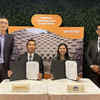



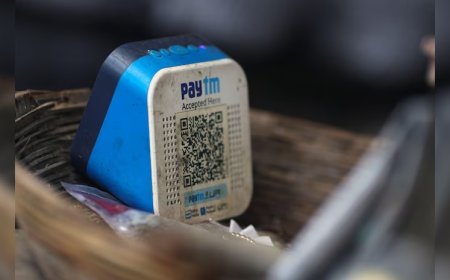
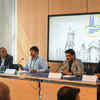





.jpg?#)

